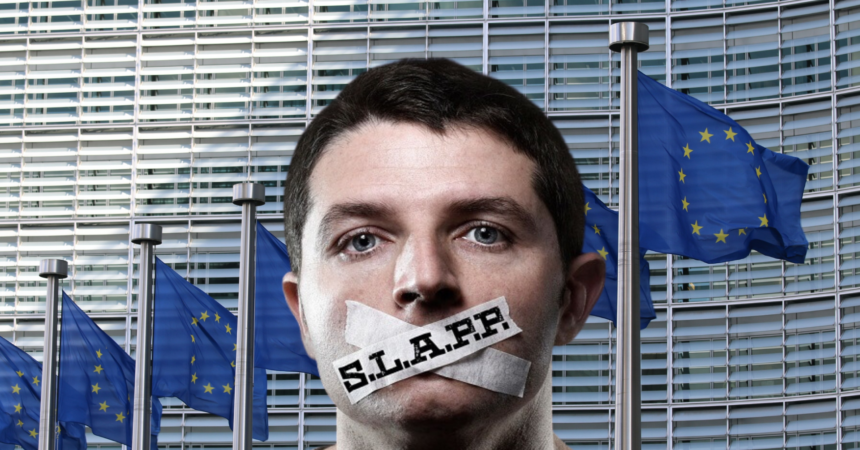The Committee to Protect Journalists (CPJ) has said that European Union actions in support of press freedom “reflect the gap between the values-based narrative that the EU tells about itself and the reality of how it and its member states pursue their interests” in a special report published on Tuesday.
The report, entitled ‘Fragile Progress: The struggle for press freedom in the European Union’, described how EU legislation introduced since the last European Parliament elections in 2019 aimed at safeguarding journalists “still needs to be translated into meaningful action within member states.”
The 50-page document noted that while the frameworks, legislation and guidelines to better protect journalists all existed at an EU level, they were “limited to how much power member states were ready to concede to Brussels.”
The CPJ report also included recommendations to EU institutions and member states. It called for them to address problematic legislation and policies that hamper journalists’ work, ensure that newly adopted policies are robust enough to withstand abuse and ensure a strong mandate and vision for press freedom ahead of the 2024 European Parliament elections.
“The gangland-style murders of prominent investigative journalists, including Daphne Caruana Galizia in 2017 in Malta and Ján Kuciak in 2018 in Slovakia, shook the narrative on press freedom in Brussels,” the report state, with European Commission official David Friggieri calling them “painful wake-up call” for the European Union.
The report noted how since the 2019 European Parliament elections “EU legislation like the Journalist Safety Recommendation, the anti-SLAPP Directive, and the European Media Freedom Act spelt out a positive new direction for the EU” but “still needs to be translated into meaningful action within member states.”
Besides the journalists’ brutal assassinations, the report highlighted how other journalists working in EU member states with oppressive governments were still being “censored, spied upon, harassed online, overwhelmed with disinformation, subjected to abusive lawsuits, charged with revealing state secrets, beaten while covering street protests, banned from public meetings, or lambasted by politicians.”
The CPJ noted how the EU’s defence of press freedom within its shores “sets an example internationally. However, the EU’s foreign relations strategy for dealing with autocrats who violate journalists’ rights often still lacks uniformity or clarity.”
Last week, The Shift reported on how vexatious lawsuits intended to hamper journalists’ work, known as SLAPPs, have changed over time, with governments and big businesses employing strategies typically reserved for warfare in their fight against media freedom.
On Wednesday, The Shift won the 11th of out 18 cases government entities have taken out against The Shift over freedom of information requests. A total of 40 cases have been lodged with the IDPC. The Shift has so far consistently won each case and the subsequent court appeals, with several international press freedom organisations calling for all the cases to be dropped.













Malta has learnt its good governance lessons, Abela tells European commissionerPrime Minister Robert Abela meets EU Justice Commissioner Didier Reynders
rob, kemm int veru giddieb u qarrieq.
Shame on you